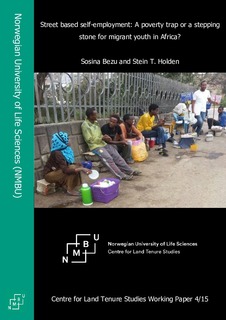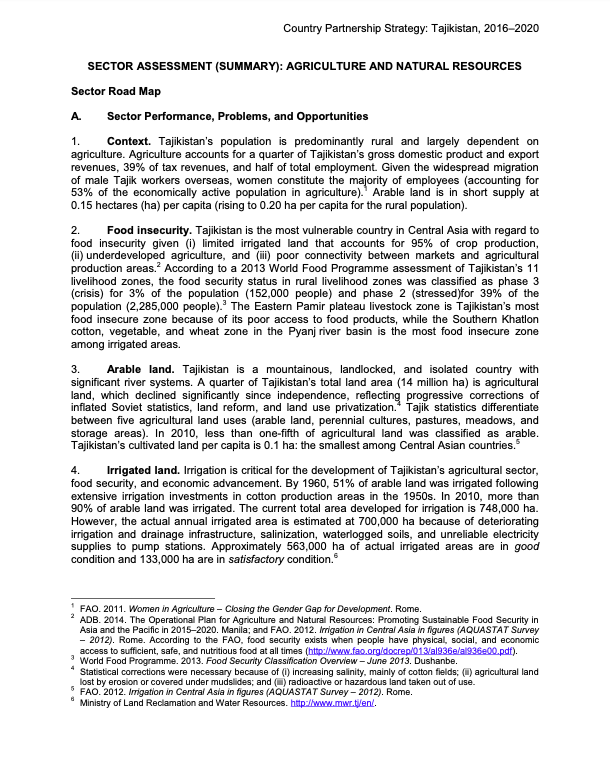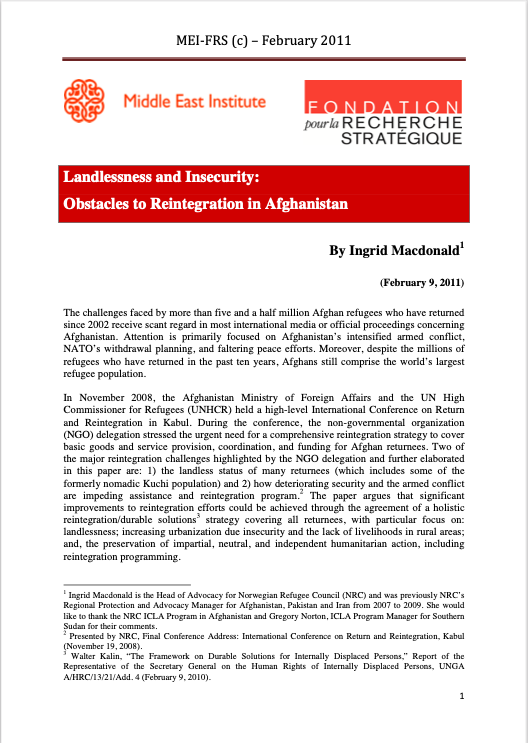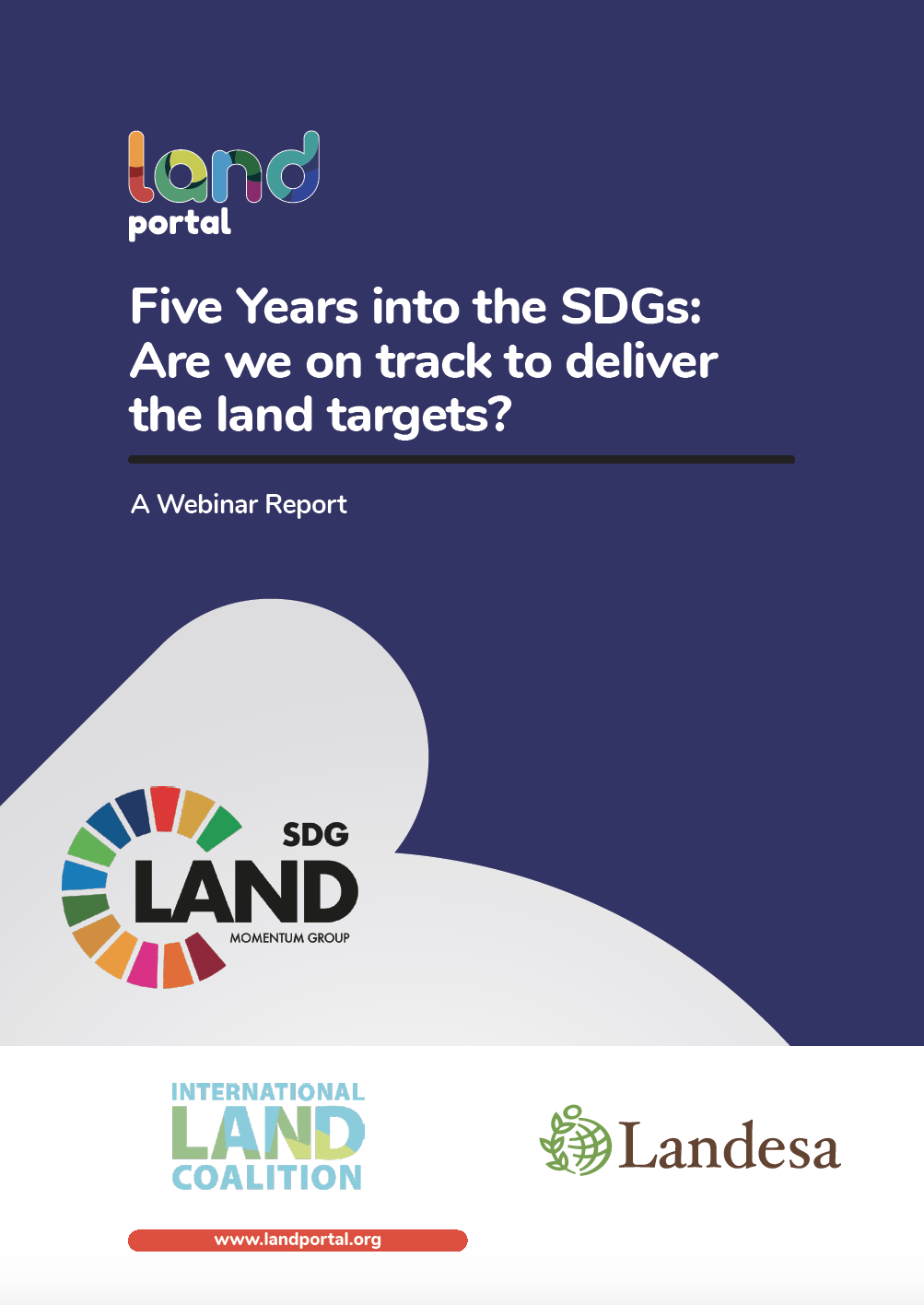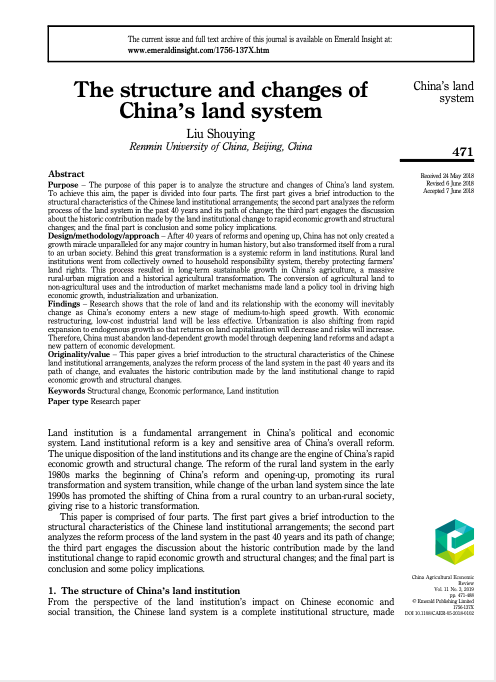Street based self-employment : a poverty trap or a stepping stone for migrant youth in Africa?
A significant percentage of youth in urban Africa is employed in the informal sector. The
informal sector is more accessible than the formal sector for people with low human and
financial capital, such as youth migrants from rural areas. But the sector is also generally

